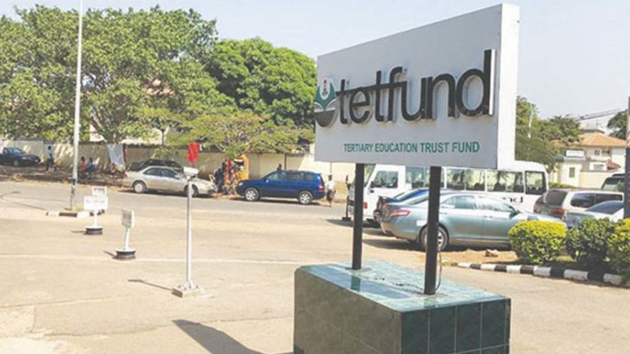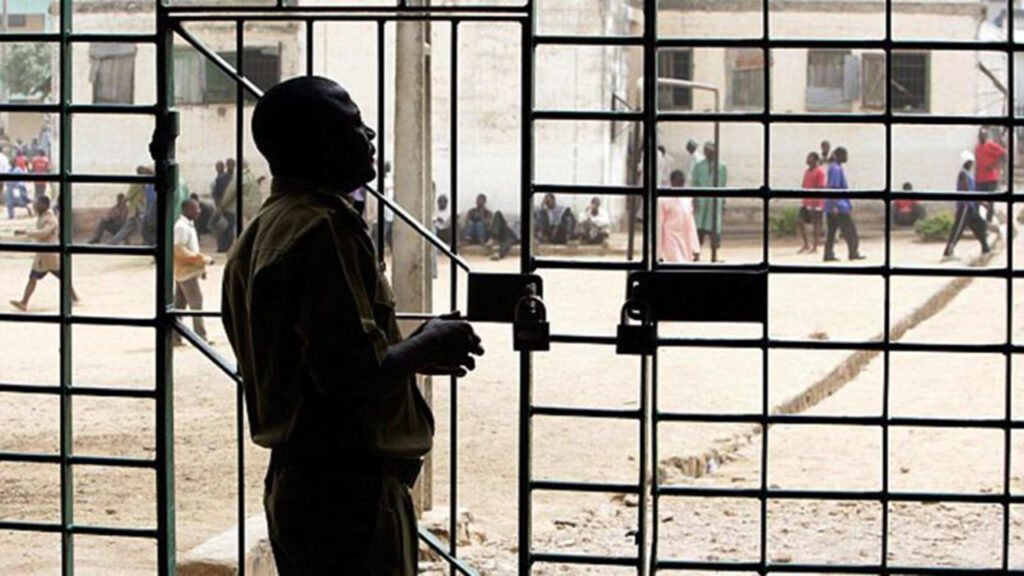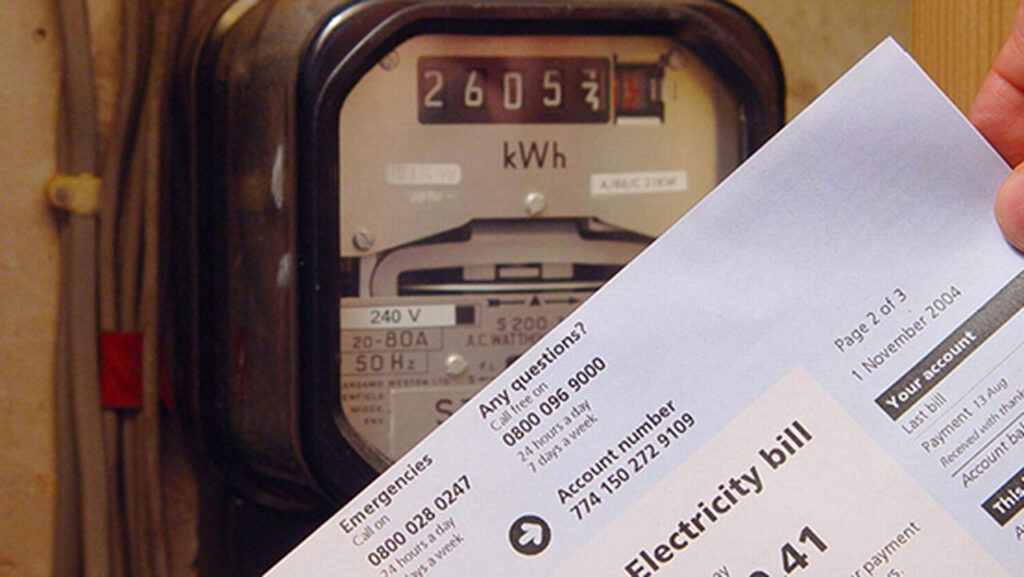
Bill passes second reading at Senate, group opposes policy
President Bola Tinubu has written the Senate, seeking repeal of the Access to Higher Education Act 2023, popularly known as the Student Loan Act, and re-enactment of a fresh one.
His action is coming days after a temporary suspension of the launch of the scheme meant for Nigerian students in tertiary institutions to access low-interest loans to complete their studies.
Tinubu’s request was contained in a March 14 memo addressed to President of the Senate, Godswill Akpabio. The President’s decision may not be unconnected to the criticisms that trailed the signing of the law, especially the eligibility requirements for applicants, repayment plans and governance structure.
In the new Act, any beneficiary that provides false information would be liable to a three-year imprisonment. The bill before the House of Representatives seeks the establishment of the Nigeria Education Loan Fund (NELFUND) as a corporate body to outlaw the Students Loans Act 2023 and enactment of the Student Loan Bill 2024.
When passed into law, repayment would begin as soon as the beneficiary becomes employed in any capacity. The President, yesterday, wrote the lower legislative chamber on the new development.
Speaker Abbas Tajudeen read the communication at the plenary. Tinubu, in the letter, said the decision was to address observed lapses in the earlier law for smooth implementation of the programme.
A policy brief sighted by The Guardian showed that NELFUND would be responsible for providing loans to qualified Nigerians for tuition, fees, charges and upkeep during their studies in approved higher and vocational institutions in the country.
Another notable change contained in the proposed legislation mandates the Fund not to initiate loan recovery efforts less than two years after completion of the one-year National Youth Service Corps (NYSC) programme.
The bill also obliterated the earlier family income threshold and repayment responsibility as criteria for applicants to access loans.The expected Act allows only applicants with a combined family income of less than N500,000 yearly to apply.
Under a certain provision, the child of a person, who earns N45,000 a month, is disqualified from applying for the facility. The proposed legislation further removed the guarantor’s requirement for students to apply and receive loans subject to application and identity verification guidelines as provided by the Fund.
TO show seriousness, the Senate, yesterday, allowed the piece of legislation to scale to second reading. The motion was sponsored by Senate Leader, Opeyemi Bamidele (APC-Ekiti) consequent upon reading of the request by Senate President Godswill Akpabio.
Leading debate on the bill, Bamidele said it sought to enhance the implementation of the higher education loan scheme, by addressing challenges relating to the management structure of the Nigerian Education Loan Fund (NELFUND).
He added that the bill would address the applicant’s eligibility requirements, the purpose of loan, funding sources and disbursement. Subsequently, the bill was referred to the Committee on Tertiary Education Trust Fund (TETFund) for further legislative input and is to report back to the plenary at the next legislative date.
HOWEVER, the Education Rights Campaign (ERC) has called on Tinubu to stop forthwith what it described as “shenanigan and national deceit” and focus on utilising the nation’s scarce resources to adequately fund public education.
In a statement, yesterday, by its Coordinator, Hassan Taiwo Soweto, and Mobilisation Officer, Michael Lenin, the group said the postponement for policy rejigging is nothing short of a “national embarrassment” after millions of Naira had been spent since last June.
The group contended that if the government truly wants to assist indigent students, it should recalibrate the scheme as a grant to support the cost of living cost, while discouraging fee hikes.













